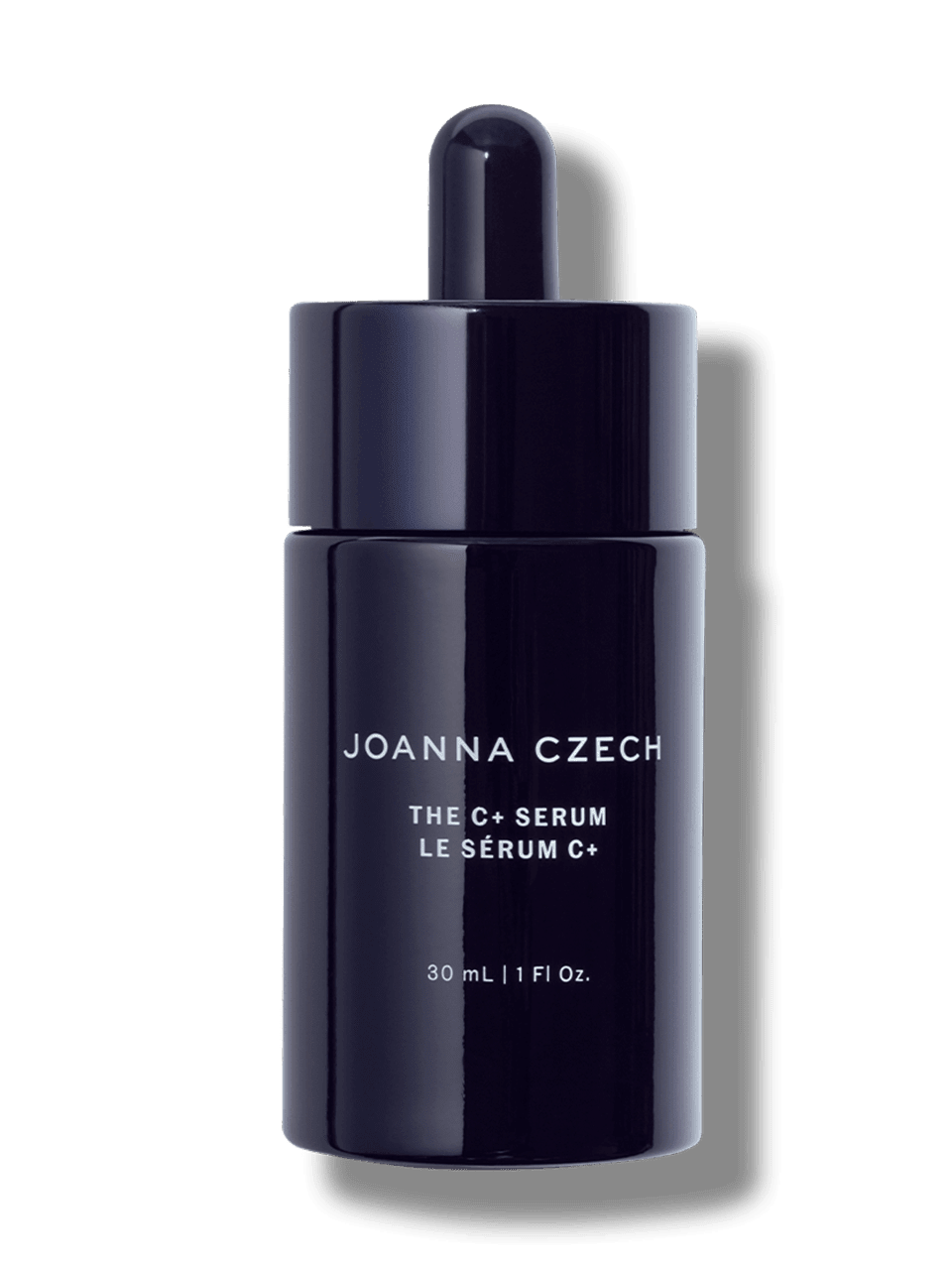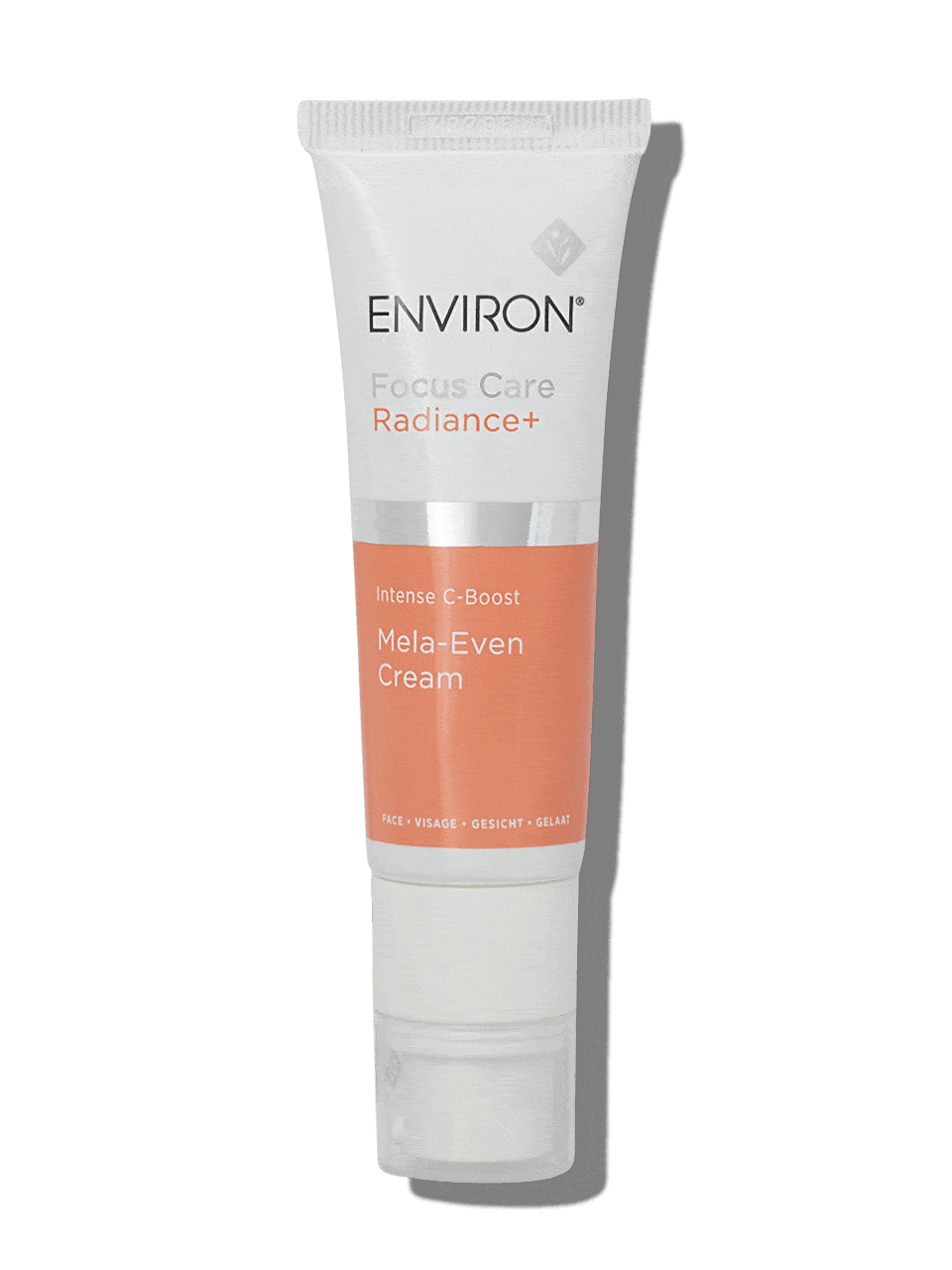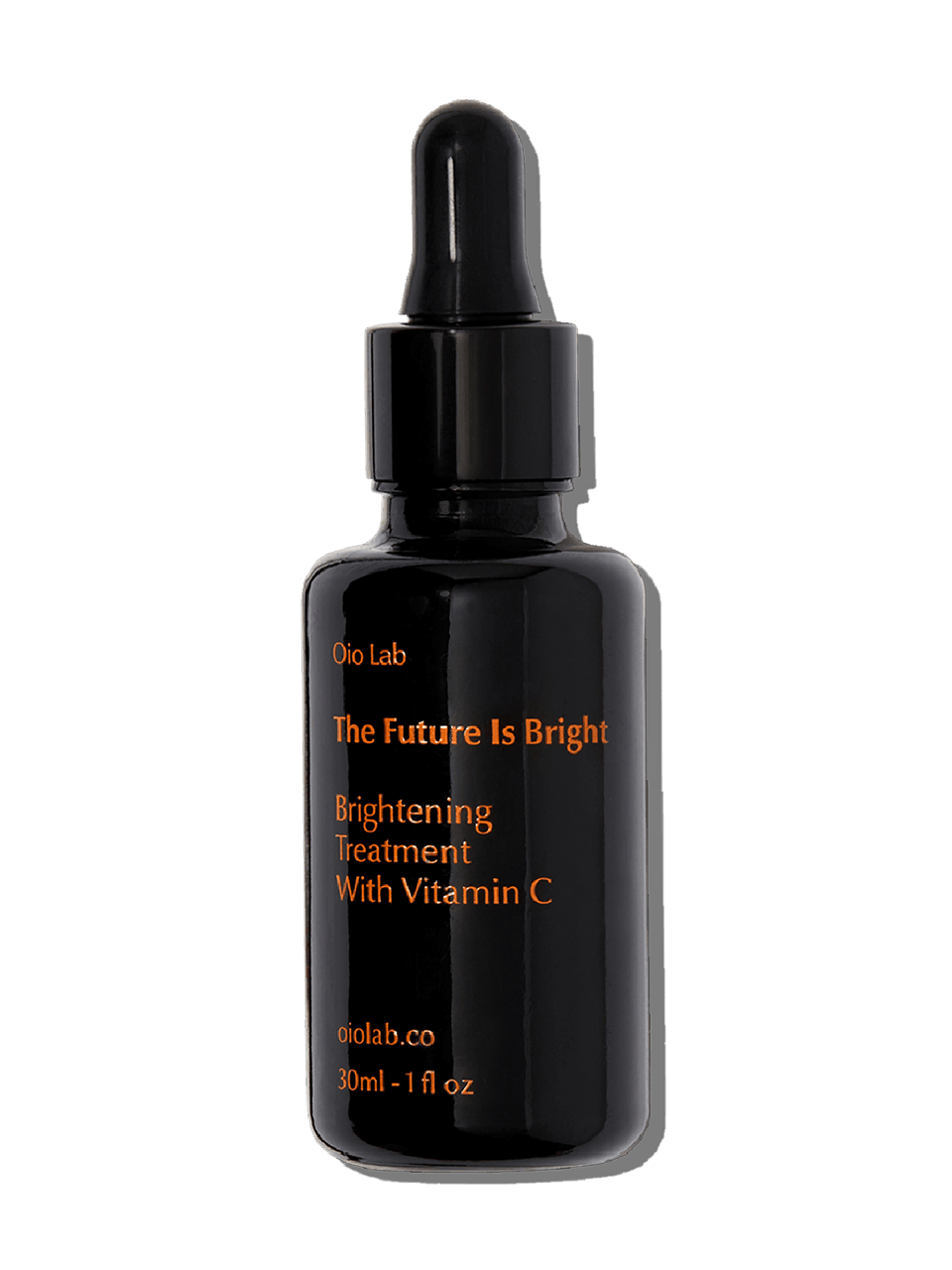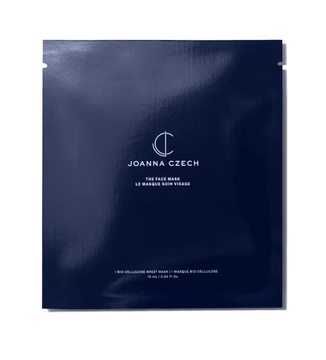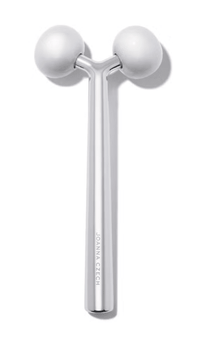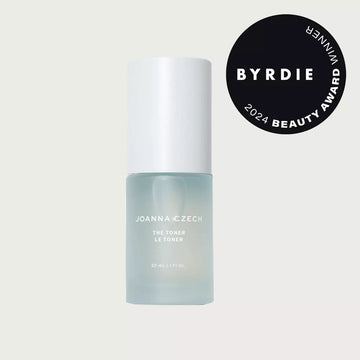6 Types of Vitamin C in Skincare for Beautiful Radiance

6 Types of Vitamin C in Skincare for Beautiful Radiance
Vitamin C is a celebrated beauty staple, and a hero skincare ingredient I turn to every day. The powerful antioxidant brightens, evens skin tone, increases collagen production, and fights off damaging free radicals.
The benefits are universal, but the key to reaping the rewards comes down to the type of vitamin C you are using. There are six different forms of vitamin C in skincare, and each has its own set of pros and cons. Learn which one is best for you, how to use it, and my personal favorite.
1. L-Ascorbic Acid
L-ascorbic acid is the most well-known and well-studied form of vitamin C when it comes to skincare. Typically, L-ascorbic acid products have a lower pH, at around 3.5, to optimize absorption and anti-aging benefits. But sensitive skin types should be wary since products below the skin's natural pH level of 5-7 can cause irritation. Concentrations of L-ascorbic Acid vary by formula, with 10-20% being the sweet spot for maximum benefit to the skin.
L-ascorbic acid is a readily available and affordable form of vitamin C. However, in addition to irritation, it can also cause sun sensitivity and oxidizes quickly when exposed to light and air. Dark glass packaging with air-restrictive pumps can help keep the formulations stable.
2. Sodium Ascorbyl Phosphate (SAP)
Sodium ascorbyl phosphate (SAP) is a less potent version of ascorbic acid, yet it still provides plenty of complexion-boosting benefits. This form of vitamin C converts to ascorbic acid once applied to your skin, making it less intense but also less irritating, which is critical for sensitive skin. SAP reduces sebum production, fighting a common cause of acne. Although, one drawback of SAP is that it doesn't absorb very well and tends to sit on top of the skin.
Along with the next four types of vitamin C, SAP is more stable than L-ascorbic acid, so you don't need to worry as much about exposing it to light and air during storage.
3. Magnesium Ascorbyl Phosphate (MAP)
Like sodium ascorbyl phosphate (SAP), magnesium ascorbyl phosphate (MAP) is another gentle and stable form of vitamin C that converts to ascorbic acid once it comes in contact with the skin. You'll often find MAP and other milder forms of vitamin C paired with other antioxidants and skin-enhancing ingredients to boost its efficacy, such as vitamin E, ferulic acid, vitamin B, and hyaluronic acid.
If acne is an issue you're looking to manage, the anti-inflammatory effects of MAP prevent oxidation that leads to blackheads, while the antioxidant properties of the ingredient treat acne scarring.
4. Ascorbyl Glucoside
This water-soluble form of vitamin C is stable and absorbs well, allowing the brightening properties to penetrate the skin successfully. Once again, it's less potent than L-ascorbic acid but also gentler and suitable for all skin types.
Since it's water-soluble, the most effective delivery method of ascorbyl glucoside is in serums. However, since it's more stable than L-ascorbic acid, you may also find this vitamin in lotions, creams, and cleansers. This form of vitamin C is ideal for those looking to brighten a dull complexion and enhance radiance with minor irritation.
5. Tetrahexyldecyl Ascorbate (THDA): Our Top Pick
My favorite form of vitamin C, and also the newest on the market, is tetrahexyldecyl ascorbate (THDA), which you'll find in our C+ Serum. This efficient, oil-soluble ingredient penetrates deep into the layers of the skin without causing irritation. Because of the high absorption rate, You'll get the same antioxidant protection, collagen boost, and brightening effects as L-ascorbic acid, but at a better absorption rate and with more stability than any other form of vitamin C.
6. Ascorbyl Tetraisopalmitate
Ascorbyl tetraisopalmitate is another oil-soluble form of vitamin C with an excellent absorption rate, supporting collagen synthesis and antioxidant protection at a deep level. Similar chemically to tetrahexyldecyl ascorbate (THDA), ascorbyl tetraisopalmitate also improves skin texture and suppresses UVB-induced skin pigmentation, helping your skin look more youthful.
Products I recommend with ascorbyl tetraisopalmitate:
How To Use Vitamin C In Your Skincare Routine
Serums are the best delivery system for vitamin C because they are the most concentrated skincare product. And since they are applied directly after cleansing and toning, you'll get maximum absorption.
Although you can certainly use it at night, vitamin C is incredibly effective as a daytime serum. The high antioxidant content fights free radicals from UV rays and pollution in the air as you go about your day. Remember, vitamin C can't replace sunscreen, but it can boost its effectiveness.
If you’re still wondering which form of vitamin C is best for you, visit your dermatologist or esthetician for recommendations.
